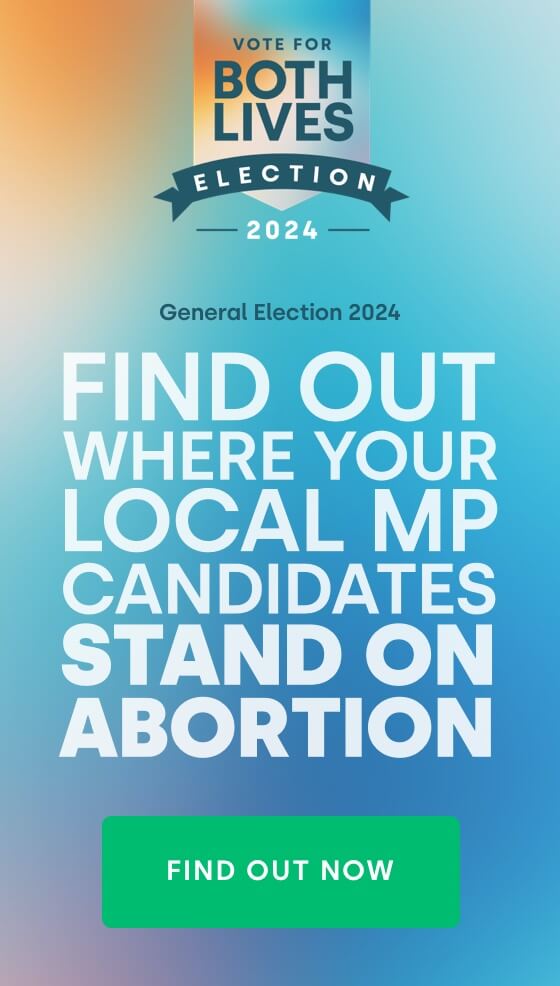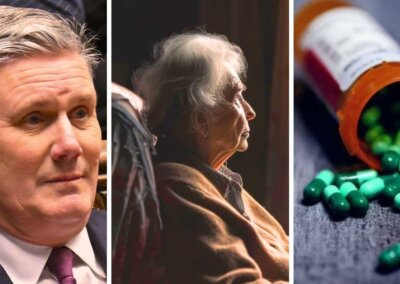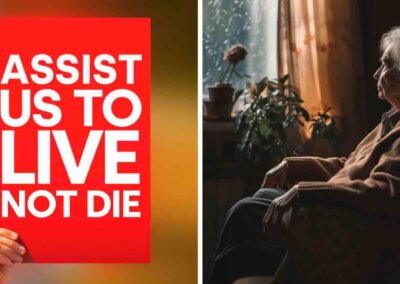A funeral home in Canada has launched a ‘personalised’ euthanasia service that starts at $700, which includes the option of watching a movie or drinking wine as you die.
The head of Complexe Funéraire du Haut-Richelieu, Mathieu Baker, said that launching the new service was a natural step for his company, which aims to provide customised care that meets clients’ needs.
Baker said “The person who made the decision is usually very convinced, but the kids, the siblings or other family members aren’t necessarily on the same page”.
He said that many people do not want to die in hospital or in a care home where staff cannot provide a personalised experience of death.
“Do you want to watch a movie? Do you want a glass of wine? Some people want to be in groups of four or five, and we’ve had groups of up to 30 people”.
A ‘personalised’ euthanasia experience
The digital newspaper La Presse raised questions about whether it is appropriate to make money off people being euthanised and their families.
A spokesperson for Quebec’s minister responsible for seniors, Sarah Bigras, said the minister would look into “ensuring that the proposals are not part of a monetization of the practice.”
According to the CBC, the number of Quebecers opting for euthanasia or assisted suicide since they became legal has increased from 63 people in 2015–2016 to more than 3,000 in 2021–2022.
One in five cite loneliness as a reason to want to die
In 2021, 10,064 lives were ended by assisted suicide or euthanasia, an increase of over 32% from the previous year, accounting for 3.3% of all deaths in Canada.
According to the latest report on Medical Assistance in Dying from Health Canada, 17.3% of people also cited “isolation or loneliness” as a reason for wanting to die. In 35.7% of cases, patients believed that they were a “burden on family, friends or caregivers”.
Statistics from the state of Oregon, which made assisted suicide legal in 1997, show that most end-of-life concerns are not medical. The Oregon Health Authority report for 2021 says that 54.2% of patients were concerned with being a “burden on family, friends/caregivers”. 92% of patients were concerned with being “[l]ess able to engage in activities making life enjoyable”. 93.3% were concerned with “losing autonomy” and 68.1% were concerned with “loss of dignity”. Of the total who have died since 1997, 27.5% have listed “inadequate pain control, or concern about it” as one of their end-of-life concerns.
Right To Life UK spokesperson Catherine Robinson said “A year to see a psychiatrist but only two weeks for euthanasia, support for euthanasia being made legal for homelessness and poverty, a parliamentary committee recommending euthanasia for children and now seven hundred dollar personalised euthanasia experiences: Canada’s euthanasia regime appears to be totally out of control.”
“Sadly this creates the possibility for further exploitation as funeral homes attempt to profit from the despair of people who need assistance to live, not to die.”













